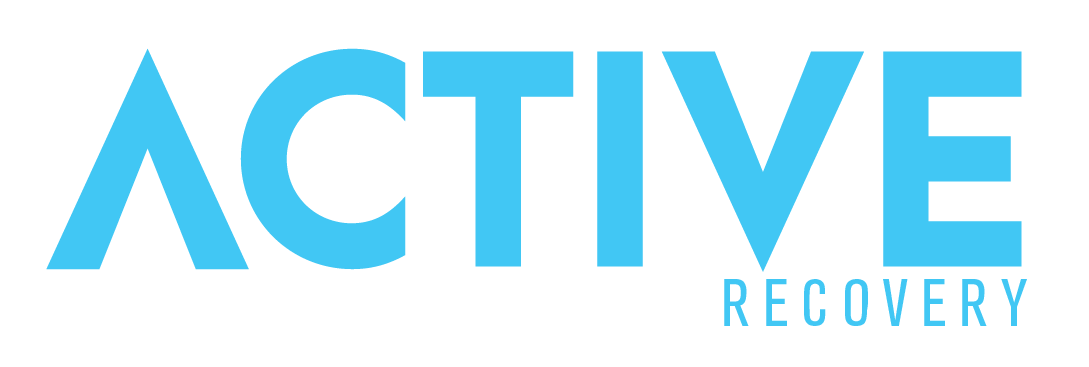Last Updated on December 4, 2023


A person transitioning from a structured treatment environment to the familiarity of home can feel apprehensive. Putting much effort into achieving sobriety and the potential of facing uncontrolled surroundings may raise concerns about maintaining that hard-won progress.
Returning to your regular life means restoring your freedom that was somewhat restricted during rehab. However, this two-edged sword will present opportunities for growth and potential challenges.
If the fear of relapse looms large as you prepare to re-enter your home environment, it’s crucial to remember that you are not alone. Embracing a support system offered by sober companions and incorporating healthy coping mechanisms can be a powerful safeguard against the risk of relapse.
Having a sober companion as you go on your journey of transitioning from rehab to home can significantly alleviate the apprehension associated with adjusting to life outside the treatment facility. These companions have embarked on the recovery journey with the individual during their time in rehab, laying the foundation for a strong and supportive relationship.
The role of a sober companion extends beyond just accompaniment. It also involves a bond that serves as a support during the patient’s vulnerable moments of early recovery. As the journey continues beyond the rehab setting, this companion-patient connection and trust becomes an invaluable asset, contributing to the overall success of the individual’s recovery and ongoing commitment to a sober and fulfilling life.
Navigating the challenging road to recovery from addiction can be challenging. It needs an integrated approach that goes beyond individual efforts. Aside from treatments and therapy, establishing a solid support system is essential for ensuring recovery success and resilience against relapse.
A feeling of loneliness and isolation is normal to experience among those on the path of recovery from addiction. This is where sober companions became more essential. They act as a compass to guide you through the challenging path of sobriety while validating your struggles and triumphs as part of your recovery journey.
Remember that support should not only be confined to familiar faces. It can also blossom within the welcoming embrace of support groups and sober companions who understand what you are going through.
The journey to sobriety is connected with challenges, and during these initial stages, a sober companion serves as a vital lifeline. When individuals isolate themselves, the risk of returning to unhealthy patterns looms larger. Therefore, a sober companion becomes an essential element, combining the threads of accountability and motivation.
A sober companion offers a reliable support system to help with practical aspects like grocery shopping, transportation, and other errands. Extending a helping hand in these areas eases the individual’s burden on recovery while providing them with the space to concentrate wholeheartedly on adopting their new, healthier lifestyle.
Sober companions play an essential role in post-rehabilitation situations. The controlled environment of a rehabilitation facility provides constant support and monitoring, eliminating access to the substances that were once abused.
However, once patients transition back into the outside world, the potential for accessing drugs or alcohol increases, and the first two months post-residential program completion pose a heightened risk of relapse.
It is during this vulnerable period that the effectiveness of sober companions in Active Recovery Companions becomes evident. These dedicated companions in Los Angeles act as a crucial line of defense against relapses by providing continuous support beyond the structured confines of a rehabilitation center.
The critical window for potential relapse often occurs during transit, making the assistance of a sober companion invaluable. They extend their services by escorting clients to various engagements like meetings and appointments, acting as a steadfast companion during these transitional phases.
Exiting rehab is just the beginning of sobriety, as individuals must continually implement the healthy habits they have acquired throughout their time in the rehab center. In this ongoing battle, a sober companion plays a professional role in safeguarding the person against relapse.
Recognizing the pervasive threat of impulsive behavior, sober companions know how to identify these tendencies and their triggers. Aside from preventing relapses, sober companions also equip individuals with tools and knowledge to overcome potential pitfalls in the future.
Having a professional sober companion eases the complexities and challenges of achieving lasting recovery from drug abuse or alcoholism, fostering a supportive environment that adapts to the unique journey of the individual.

© 2023, Active Recovery Companions